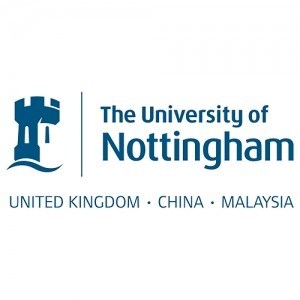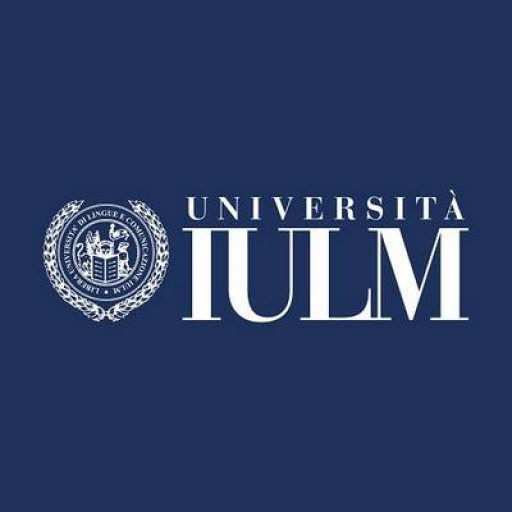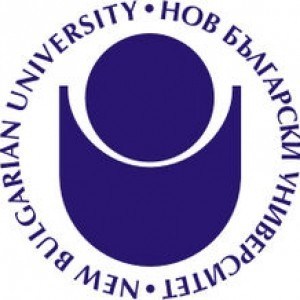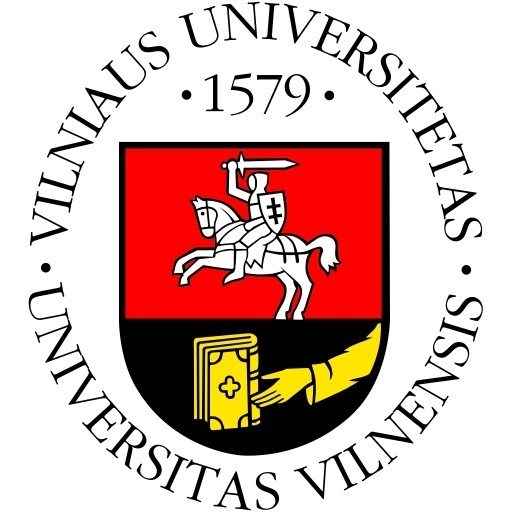Photos of university
The International Communications Studies program at The University of Nottingham Ningbo China offers students a comprehensive understanding of the dynamic and interconnected world of global communication. Designed to equip students with both theoretical knowledge and practical skills, the program explores the diverse ways in which information is created, transmitted, and received across different cultures and societies. Students will examine key topics such as media and journalism, intercultural communication, digital media, public relations, advertising, and the impact of new communication technologies on society. The curriculum emphasizes critical thinking, research skills, and the ability to analyze communication processes in various contexts, preparing graduates for careers in international media organizations, corporate communication departments, public relations agencies, and non-governmental organizations. Through a combination of lectures, seminars, practical projects, and internships, students will develop their understanding of the ethical and cultural considerations that influence global communication practices. The program also encourages students to engage with contemporary issues such as media freedom, digital safety, propaganda, and the role of social media platforms in shaping public opinion. With a focus on international perspectives, multicultural environments, and emerging trends, the course aims to produce graduates who are capable of navigating and influencing the fast-paced world of global communication. The program benefits from the university's strong links with media companies and communication agencies worldwide, offering students valuable networking opportunities and real-world experience. Graduates will be well-prepared to pursue advanced research or to take up diverse roles across media, marketing, diplomacy, and international relations sectors.
The International Communications Studies program at The University of Nottingham Ningbo China offers students a comprehensive and interdisciplinary understanding of global communication processes and media systems. This program is designed to equip students with critical thinking skills, practical knowledge, and analytical abilities to navigate the complex landscape of international media, journalism, public relations, and digital communications. Throughout the course, students explore the theoretical foundations of communication theories and examine how media influences culture, politics, and society across different global contexts. The curriculum covers a wide range of topics, including mass communication, intercultural communication, media ethics, digital media technologies, and global communication policies.
Students have opportunities to develop practical skills through hands-on projects, media production workshops, and internships, which prepare them for careers in international media organizations, public relations firms, governmental agencies, and non-governmental organizations. The program emphasizes a global perspective, encouraging students to analyze media practices from diverse cultural viewpoints and understand the implications of globalization on communication practices worldwide. Additionally, students will learn about emerging digital platforms, social media strategies, and data-driven communication techniques, ensuring they stay current with technological advancements and industry trends.
Lecturers in the program are experts in their fields, offering students insights drawn from their extensive research and industry experience. The program also promotes critical engagement with contemporary issues such as media regulation, censorship, fake news, and ethical considerations in communication practices. Collaborative projects and international exchanges further enhance students' cross-cultural competencies and prepare them for the demands of global communication careers.
Graduates of the International Communications Studies program will be well-equipped to pursue diverse roles within international media outlets, corporate communication departments, government agencies, and NGOs. They will possess a nuanced understanding of how media shapes public opinion and policy across borders, and how to manage effective communication strategies in a multicultural environment. With a strong foundation in both theory and practical application, students will be prepared to contribute thoughtfully and effectively to the global media landscape.
The International Communications Studies program at The University of Nottingham Ningbo China requires prospective students to meet certain academic and language prerequisites. Applicants must have completed their secondary education with strong academic records, typically equivalent to A-levels or international qualifications such as the IB Diploma. Proficiency in English is essential; therefore, applicants are expected to demonstrate sufficient language skills through standardized tests such as IELTS, with a minimum overall score of 6.0 or equivalent.
The curriculum is designed to develop students’ understanding of global communication processes, media industries, and intercultural interactions. Students are required to complete a core set of modules, including Introduction to International Communication, Media and Cultural Theories, Global Media Industries, and Research Methods in Communication. These modules aim to provide foundational knowledge and analytical skills necessary for understanding the role of media in shaping international relations and cultural exchanges.
In addition to theoretical coursework, students are encouraged to undertake practical assignments, such as media production, digital storytelling, and intercultural communication exercises. To graduate, students must complete a minimum of 120 UK credits per academic year, spanning modules across areas such as media analysis, communication strategies, and global issue debates. The program emphasizes experiential learning, including opportunities for internships, study abroad exchanges, and collaborative projects with industry partners.
Assessment methods include exams, coursework essays, presentations, and project work. Students are expected to maintain a cumulative grade point average (GPA) that meets the university’s graduation standards. In the final year, students undertake a dissertation related to an area of international communication, demonstrating their ability to conduct independent research. The program also encourages participation in seminars, guest lectures, and conferences to enhance academic and professional development.
International students must ensure they obtain the necessary student visa documentation and meet any health insurance requirements specified by the university. Additionally, applicants with non-standard qualifications or prior learning are advised to contact the university admissions office for personalized assessment. Overall, the program prepares graduates for careers in media, public relations, international organizations, and intercultural consultancy, equipping them with a comprehensive understanding of global communication dynamics.
The financing options for the International Communications Studies program at The University of Nottingham Ningbo China primarily consist of tuition fees, scholarship opportunities, government sponsorships, and private financial aid. The tuition fees for undergraduate programs are set annually and vary depending on the specific degree and year of study. For international students, tuition typically ranges around RMB 124,000 to RMB 146,000 per year, but these figures are subject to change and should be verified through the university’s official communication.
The university offers a range of scholarship programs aimed at both outstanding domestic and international students. These scholarships can significantly offset tuition costs and are awarded based on academic merit, leadership qualities, and other achievements. Some of the prominent scholarship schemes include the Ningbo Government Scholarship, which is available to outstanding international students and can cover partial or full tuition fees, and university-specific scholarships that recognize excellence in academic performance during admission.
In addition to scholarships, students might explore government sponsorships or sponsorships from their home country, which can provide financial support for international education. The Chinese government, as well as other national governments, often have scholarship schemes or agreements with Chinese universities that facilitate funding for eligible students.
Private financial aid options and student loans may also be available, depending on the student’s country of residence and financial situation. The university’s financial aid office provides guidance and assistance in identifying available funding sources and fulfilling application requirements. Furthermore, some students choose to supplement their financial resources through part-time work permitted by student visa regulations, though these opportunities are limited and must comply with local laws and university policies.
International students are encouraged to plan their finances carefully in advance, considering not only tuition fees but also accommodation, textbooks, living expenses, insurance, and other miscellaneous costs. The university’s international office provides support and advice on financial planning and scholarship applications to help students manage their educational investments effectively. Overall, while studying in International Communications Studies at The University of Nottingham Ningbo China entails certain costs, numerous financial assistance options are available to attract talented students from around the world and support their academic pursuits in China.
International Communications Studies at The University of Nottingham Ningbo China is a comprehensive undergraduate program designed to equip students with a deep understanding of global communication processes, media industries, and cultural exchanges. The curriculum emphasizes the development of critical thinking, analytical skills, and practical competencies in media production, journalism, public relations, and digital communication. Students learn to analyze how information disseminates across different media platforms and how these processes influence public opinion, political landscapes, and cultural identities worldwide. The program integrates theoretical foundations from communication theories, media studies, and cultural studies with practical applications, including media production, content creation, and digital journalism. Students have access to state-of-the-art facilities and are encouraged to undertake internships and collaborative projects with industry partners to gain real-world experience. The program also promotes intercultural communication skills essential for working in diverse international contexts. Graduates of this degree often pursue careers in media organizations, international public relations firms, global NGOs, and multinational corporations, or continue their studies at postgraduate levels. The program is taught in English and benefits from the university's strong international outlook, research excellence, and close links with industry and cultural institutions. Overall, the International Communications Studies program aims to prepare students to become effective, innovative, and ethically responsible communication professionals in a rapidly evolving global media environment.








